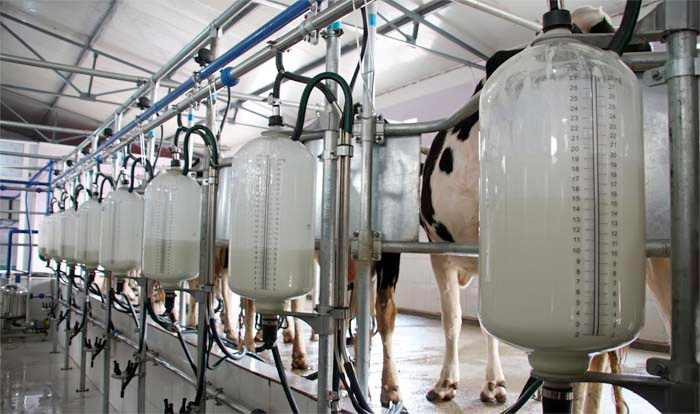
Dairy producers should plan ahead to make the most of capital or trading losses before milk quota is abolished in April 2015, according to rural accountant Old Mill.
Although the end of the milk quota regime will likely result in a large loss for many dairy farmers – typically in the region of £100,000 per one million litres of quota held, producers can adjust the timing of that loss to best suit their business, says senior manager Dan Knight.
“The important thing to realise is that the treatment of the loss will depend on when you acquired the quota and how the farming business is structured,” he says. “If you are a sole trader or partnership, the loss is treated as a capital loss, which you can offset against any capital gains you might have made.”
Although the quota loss cannot be carried back, it can be used to offset immediate capital gains or those made throughout future tax years. “If you make a capital gain of £100,000, offsetting your milk quota losses could save £28,000 in capital gains tax,” says Mr Knight. “This may also help with inheritance planning, enabling you to gift chargeable assets without incurring large capital gains tax bills.”
However, if the farming business is structured as a limited company, the tax treatment will be different, he warns. “If you purchased the quota before 2002 it will be treated as a capital loss, but any quota bought after April 2002 will be a trading loss, which can only be offset against profits.”
In this case, the loss can be offset against the total company profits in the year of the loss, carried back to offset against the total company profits in the previous 12 months, or carried forward to put solely against farm trading profits in future years.
One possible fly in the ointment is that there is a degree of uncertainty over the end of the quota regime, warns Mr Knight. “While the cessation of quotas in April 2015 should automatically crystallise the loss, there is some thought that the EU could continue to use quota beyond April 2015 if a number of countries significantly increase their production, as anticipated.”
So while quota is of negligible value now, and should be of nil value from April 2015, that is by no means a certainty.
“If you are heading towards a large capital gain this year, it may be better to sell your quota now, to crystallise the loss – and buy it back after 30 days if you still need it,” says Mr Knight. “Either way, it is important to understand your specific position and plan ahead to maximise the tax opportunities available to you.”
